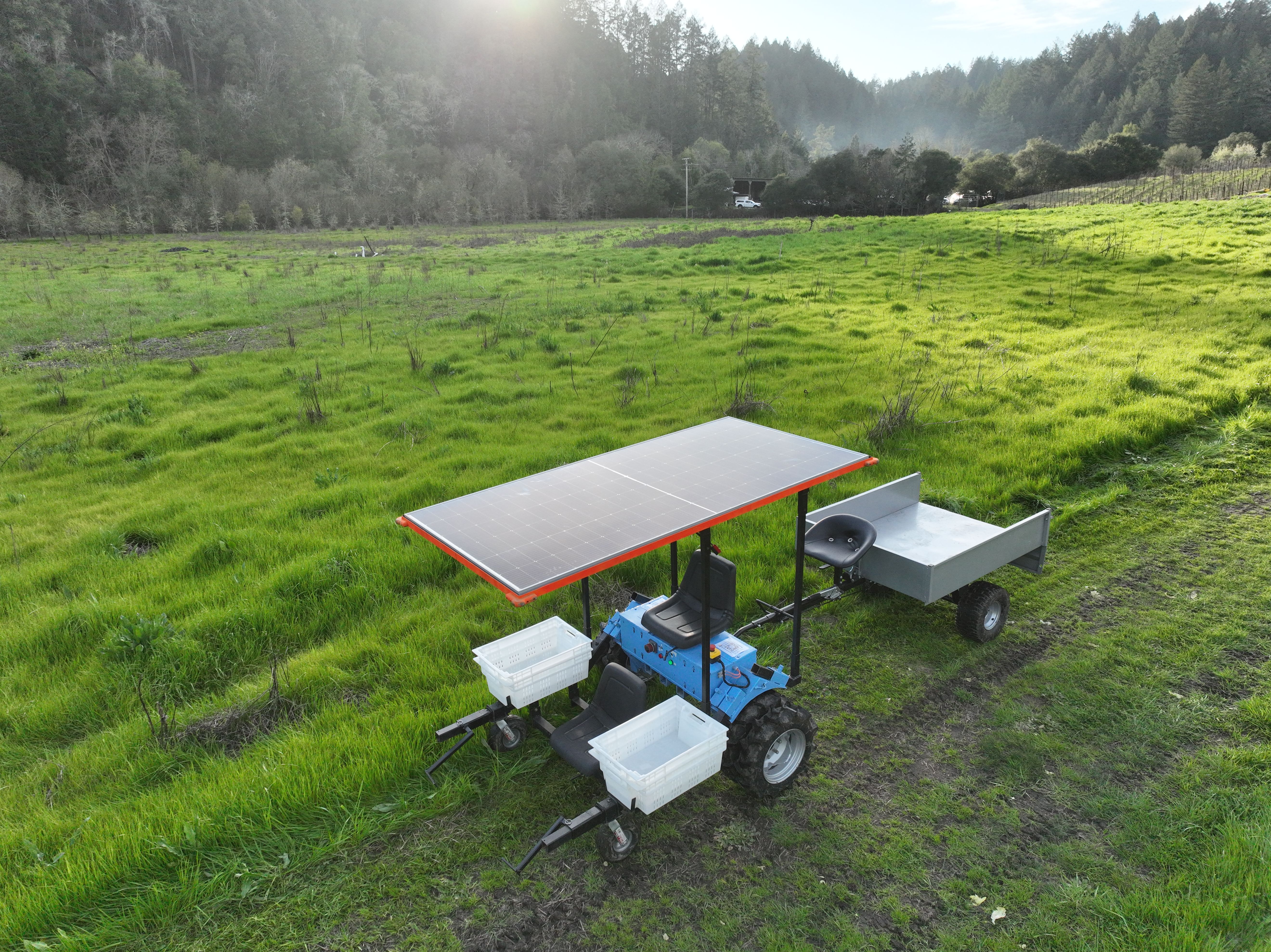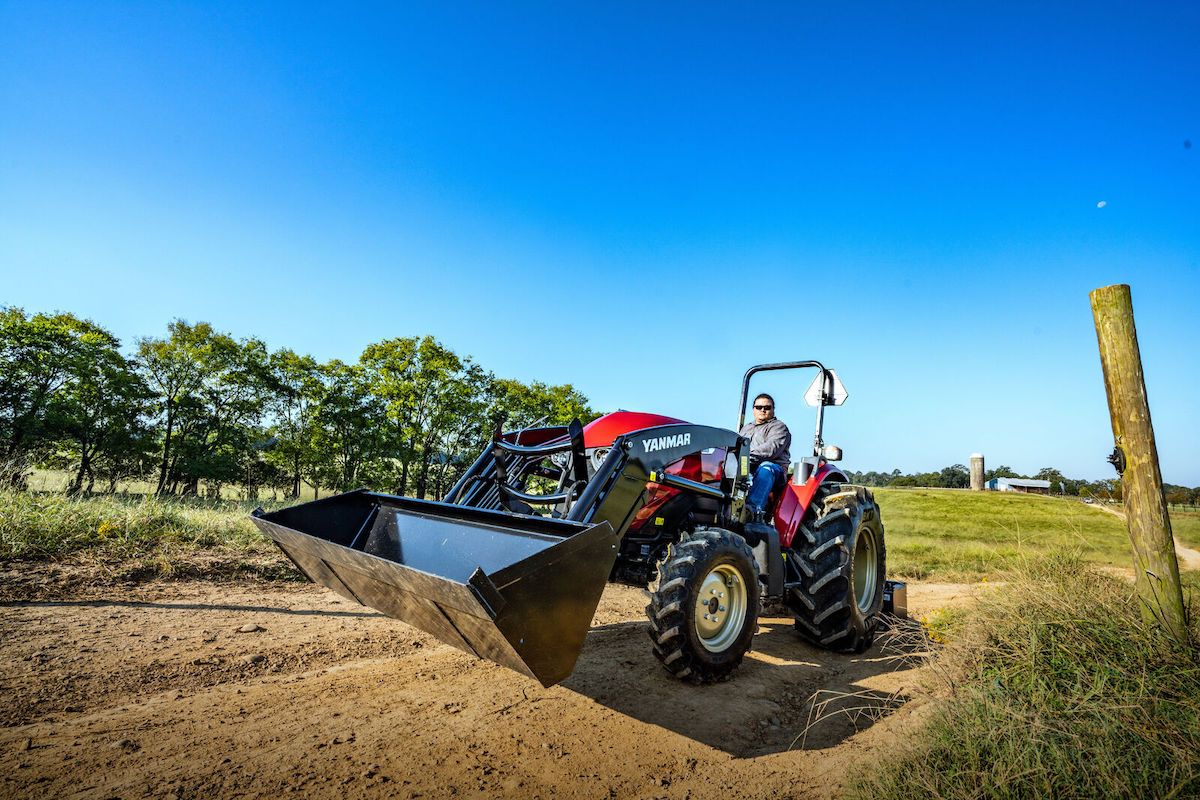A New Era of Smart and Clean Agriculture
Farming has always been about innovation and adaptation, but the pace of change in today’s world is unlike anything seen before. Across the globe, farmers are embracing technologies that protect the planet while improving their operations. Electric tractors are leading this movement by providing powerful, reliable, and eco-friendly alternatives to diesel machinery. Renewables.com is helping farmers make this transition through advanced equipment that combines renewable power, modern design, and data-driven efficiency.
Why Electric Tractors Are Changing Agriculture
Traditional tractors rely on diesel engines that produce noise, smoke, and greenhouse gases. These emissions harm the environment and increase operating costs for farms already struggling with fuel expenses. Electric tractors eliminate those issues completely. Powered by rechargeable batteries often linked to solar energy they run quietly and produce zero exhaust. The reduced noise levels make them ideal for early-morning or late-evening work, while their consistent torque output ensures smooth performance across different terrains. Farmers can now focus on productivity without worrying about pollution or maintenance.
The Environmental and Economic Benefits
Sustainable farming is about more than reducing emissions; it is about building a system that benefits both the environment planet and the farmer. Electric tractors lower carbon footprints while also cutting daily operating costs. Diesel prices fluctuate, but electricity especially when generated from on-site solar panels remains stable and affordable. Maintenance is another major advantage. With fewer moving parts, electric motors last longer, require less servicing, and reduce downtime. Over a few seasons, the savings can be substantial. These machines represent a smart investment that pays off financially while protecting natural resources.
The Evolution of Electric Tractor Technology
The idea of electric tractors is not new, but earlier designs suffered from limited battery capacity and high manufacturing costs. Recent advancements have completely changed that. Today’s models come with efficient lithium-ion or solid-state batteries, regenerative braking systems, and digital monitoring tools. Farmers can track energy consumption, charge cycles, and performance metrics in real time. Renewable energy integration such as solar-powered charging stations—has made it easier to keep equipment running independently of the grid. The result is a reliable, long-lasting, and sustainable power source that supports the goals of modern agriculture.
Real-World Applications in Farming
Electric tractors are already proving their worth in real-world scenarios. Farmers are using them for plowing, tilling, seeding, weeding, and crop transportation. Renewables.com has designed versatile equipment suitable for a range of operations from small organic farms to large commercial fields. These tractors excel in both row-crop and orchard environments, handling heavy loads without the noise or vibration of diesel engines. The power is immediate, and performance remains consistent even on long working days. Solar charging systems extend operation times, allowing farmers to harness the full potential of renewable energy directly on their land.
Smart Farming and Data Integration
Technology and sustainability go hand in hand. Electric tractors integrate seamlessly with smart farming tools, creating new possibilities for precision agriculture. Through data connectivity, farmers can link their tractors to mobile or desktop dashboards that display soil moisture, battery levels, and route optimization data. Predictive maintenance alerts help identify potential issues before they become costly problems. These intelligent features reduce waste, improve time management, and ensure every action contributes to a healthier ecosystem. Smart farming technology also promotes transparency, allowing farms to track and share sustainability metrics with customers and stakeholders.
Reducing the Carbon Footprint of Agriculture
Agriculture accounts for a significant portion of global carbon emissions, much of it from fuel use. Transitioning to electric tractors is one of the most direct ways to address this challenge. Each electric tractor eliminates tons of carbon dioxide annually, equivalent to taking several passenger cars off the road. When combined with solar or wind-powered charging, the reduction in emissions becomes even greater. Farmers adopting these machines are not only improving their own efficiency but also playing a vital role in the collective fight against climate change.
Challenges and the Path Ahead
While electric tractors are rapidly gaining popularity, some challenges remain. The initial purchase price can be higher than that of traditional models, and charging infrastructure is still developing in many rural areas. However, government incentives and long-term cost savings are helping to offset these barriers. Battery technology continues to evolve, offering greater energy density, faster charging, and longer lifespans. As adoption grows, economies of scale will drive prices down, making electric tractors accessible to more farmers. The transition is already underway and is expected to accelerate as awareness and support expand.
The Future Is Renewable
The next generation of farming is not just about producing food it is about doing it responsibly. Electric tractors, renewable energy systems, and smart technology are paving the way toward a cleaner, more efficient agricultural industry. Farms of the future will rely on data, innovation, and sustainability to feed growing populations without harming the planet. Renewables.com is proud to be part of this mission, helping farmers adopt modern solutions that reduce emissions and increase productivity. By choosing electric, farmers are investing not only in their success but also in the health of the world around them.
Conclusion
The shift to electric tractors represents one of the most important steps in modern agriculture’s evolution. It is a move toward energy independence, environmental stewardship, and operational excellence. As more farms embrace renewable power and smart technology, the industry will continue to thrive sustainably. The future of farming is here, and it is powered by clean energy. Visit Renewables.com to learn more about how electric tractors can transform your farm into a model of modern, sustainable efficiency.



